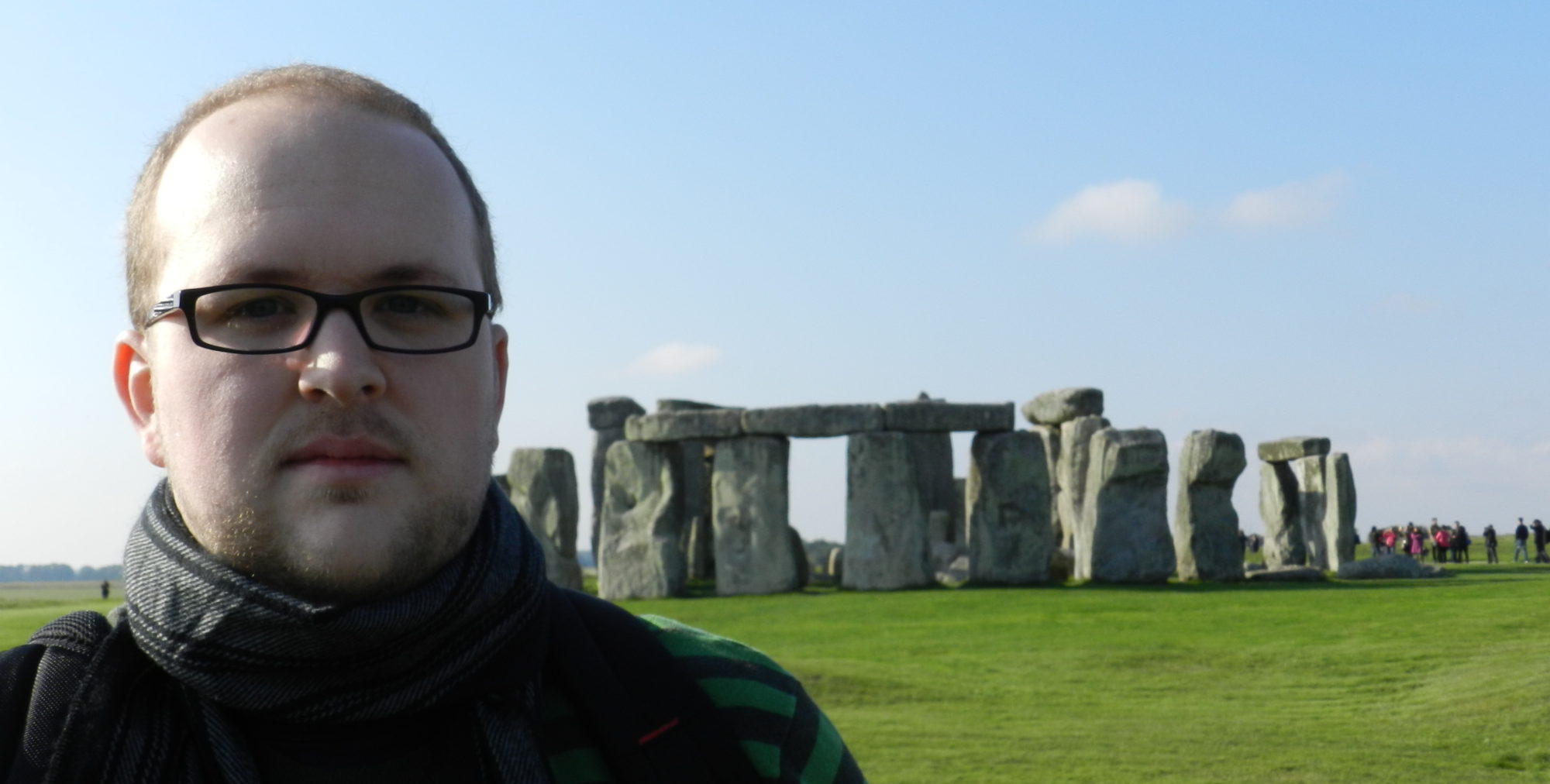First, a little history for the unenlightened.
You have to wonder what happened to Terry Goodkind’s Sword of Truth series. The first book in the series, Wizard’s First Rule is one of my favorite fantasy novels of all time. Stone of Tears, the followup, was not perfect, but it was a great addition to the growing epic. The books that followed never achieved the enchantment of the first novel, but still managed to be entertaining.
Then, somewhere between the fifth and sixth books of the series, Goodkind read Atlas Shrugged decided he’d rather be writing political allegory than fantasy. The sixth book, Faith of the Fallen, was a diatrabe of sorts againt Communism. Yes, Communism, the economic structure that hasn’t really existed since the mid-eighties. Way to be current.
Anyway, that book managed to be entertaining despite the proselytization. Richard’s (that is, the protagonist’s) struggles against against an ideal rather than a discrete enemy actually helped FotF become one of my favorites of the series.
The next book, Pillars of Creation, took a detour from this train of thought to tell the story of Richard’s long lost sister. Again, mildly entertaining in the league of some of the middle novels of the series.
Then comes the topic of today’s review: Naked Empire. Ho-ly crap. This is easily Goodkind’s worst book. As easily as one can tell Goodkind was introduced to Objectivism before writing FotF, one can see the author’s intentions and train of thought in writing this pile of scum. Goodkind, evidently, saw some war protestors (presumably against the Afghanistan invasion or the very start of the Iraq War, given the time period), was enranged, had a fantasy of murdering them all, and then made that into a book.
The novel concerns a new race of people, the Bandakar, who are discovered hiding away in some remote part of enemy territory. The Bandakar, to put it simply, are idiots of the highest degree. They are complete pacifists, sort of, and so refuse violence of any kind, believing that it leads to more violence. Of course, this society has now been taken over by Richard’s enemy, the Imperial Order, and they beg Richard to save him.
Of course, Richard needs their help to do so, so he must convince them of their evil ways. What follows are pages upon pages of excruciating sermon: “You must fight back!” “We can’t.” “You have to!” “We can’t!” “You have to!” I’ve essentially summed up half the book with those quotations.
The funniest part, however, is how tyrannical and scary Richard starts to sound. All the Bushisms about destroying evil instead of letting it destroy you are there, but Richard spouts it with such merciless cruelty that you could really see it coming from some dictator. Richard believes that the only moral course of action is to utterly destroy “evil” by any means necessary– the irony seems lost on Richard and the author that the enemy, the Order, believes the exact same thing.
Deeper in the discussion, Richard attempts to define the world as black and white and rail against Nihilism (again, way to fight against something relevant, Terry!). Essentially, Goodkind wants to have his cake and eat it to. He wants interesting, motivated villains, such as the leader of the Order, Jagang, and a sorceress, Nicci, who recently defected to Richard’s side. But at the same time, he wants his villains to be absolutely, unabashedly evil, with no hope of redemption. Goodkind seems to oscillate between these points of view at will.
Beyond the political discussion, the basic plot is pretty lame. Richard is poisioned, and has to go on a fetch quest to retrieve three antidotes from three different towns in the Bandakar “empire” (and no, we never really get a good reason why the antidotes are separated and hidden). On the way to get his antidotes, Richard and a small army of Bandakar drive the Order out of their villages. The rest of Richard’s group is completely tangential to the storyline — his sister is completely irritating, and his wife Kahlan, who until now has been a shining example of a strong female lead, is, in the end, relegated to the damsel-in-distress.
Oh, I can’t end without going back to the protester slaughter I mentioned earlier. Near the end of the book, a large group of pacifist protesters try to prevent Richard from killing the Order soldiers. Fine, I can dig that. But instead of making them real or giving them anything relevant to say, they shout stock phrases like “NO WAR! NO WAR!” Yeah. You can see the peace signs and flower power, and feel the RAGE in Terry Goodkind’s heart at these hippies. The lesson here is, apparently, any kind of protesting against war or violence is wrong, protesting war amounts to protecting pure evil, and such protesters deserve to be violently slaughtered. Man, isn’t Objectivism just the CHEERIEST little belief structure?
I’m not so sure if I want to give books scores, or just let the review speak for itself. But since this marks the 8th book in the series, and also the worst book in the series, I’ll go ahead and give it a 1/8.
Matt Borgard is praying to Ayn Rand that this series redeems itself in the final trilogy.
